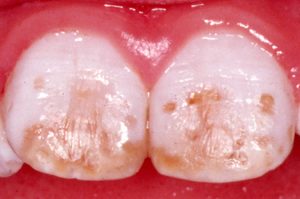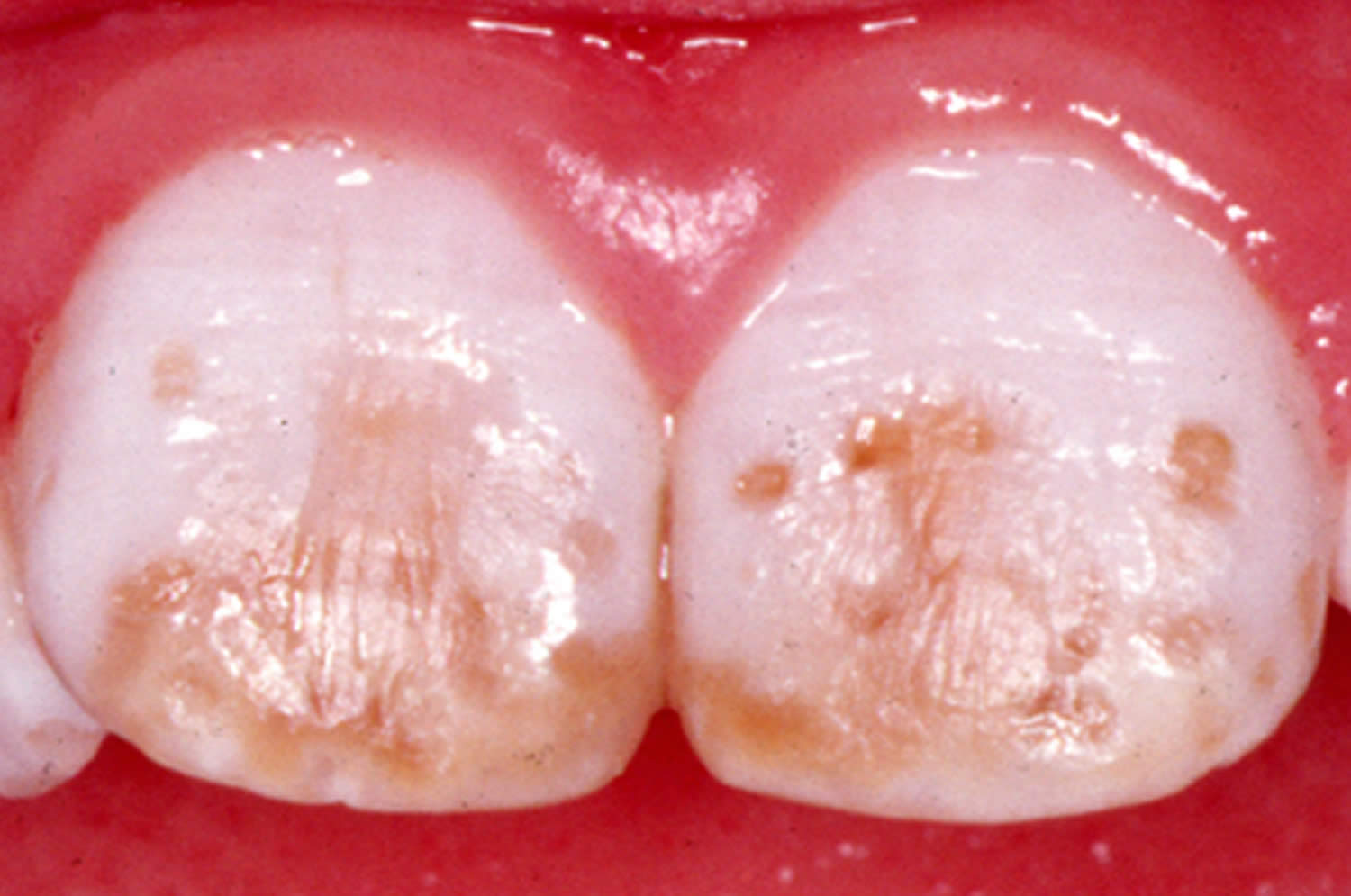The LOTUS study (a 10-year retrospective cohort study in England) examined the effects of water fluoridation on dental health in adults and adolescents. The study found that while existing water fluoridation programs in England still provide marginal savings for the National Health Service, there is no guarantee that new schemes would continue to do so. The study also highlighted that the effectiveness of water fluoridation may vary depending on the specific circumstances and populations being studied.
The LOTUS study, or the Longitudinal Study of Adults in England, is a large-scale research project that focuses on various aspects of adult health and well-being. It is a collaborative effort between the University of Manchester, the University of Bristol, and the University of Liverpool. You can find more information about the study and its findings on their official website at www.lotusstudy.org (http://www.lotusstudy.org).

This study aims to provide valuable insights into the health of adults in England, covering topics such as mental health, physical health, and social well-being. It is an important resource for researchers, policymakers, and anyone interested in understanding the factors that impact adult health and well-being in England.
70% of children in fluoridated parts of the U.S. now have dental fluorosis. The cost of cosmetic dentistry to correct what can be an unsightly condition even in its so-called “mild” stage, would exceed the marginal 2% cavity reduction found by the LOTUS study.
New Study: Virtually No Dental Benefit From Fluoridation In England
— Fluoride Action Network (@FluorideAction) February 16, 2024
Highlights:
• Fluoridation results in only 2% fewer cavities
• No reductions in social inequalities
• No reductions in missing teeth
• Economic loss when capital costs are includedhttps://t.co/JjCBCtBw4R
VIRTUALLY NO DENTAL BENEFIT FROM FLUORIDATION: MASSIVE NEW GOVERNMENT-FUNDED STUDY OF ENGLAND
“Fluoridation results in only 2% fewer cavities
• No reductions in social inequalities
• No reductions in missing teeth
• Fluoridation a likely net economic loss when capital costs are included
A new study using dental insurance records of 6.4 million adults in England found essentially no reduction in tooth decay for those living in fluoridated areas. It’s the largest ever study of the effects of fluoridation on the dental health of adults.
The LOTUS study, funded by the UK Department of Health, was intended to inform policy-makers of what to expect for future dental and economic outcomes from the current plan to expand fluoridation to all of England. Currently, only 10% of England is fluoridated. The study found “exceedingly small” reductions in caries most people would not consider meaningful.
An economic cost-benefit analysis found individuals would only save about $1 a year in dental expenses, a savings that wouldn’t even pay for a cup of coffee. The authors cautioned, however, that their economic analysis did not take into account the capital costs of expanding fluoridation, which could easily tip their economic estimates of fluoridation to a net loss. Millions would be spent for virtually no benefit.
Far more important, but omitted from the economic analysis, are the costs from health harms caused by fluoridation. 70% of children in fluoridated parts of the U.S. now have dental fluorosis. The cost of cosmetic dentistry to correct what can be an unsightly condition even in its so-called “mild” stage, would exceed the marginal 2% cavity reduction found by the LOTUS study.
Fluoride’s neurotoxic effects were not mentioned in the study. Yet the scientific evidence is now strong that fluoridated water can harm the developing brain and cause reduced IQ in children. The economic cost of nation-wide “brain drain” would certainly dwarf the costs of filling a few cavities.
The LOTUS study comes hot on the heels of a companion study in children, the CATFISH study, that found fluoridation produced similarly minuscule benefits. That study found only 0.3 fewer cavities per child from fluoridation, and there was confounding in the study that might have caused even that small benefit to be exaggerated.”
